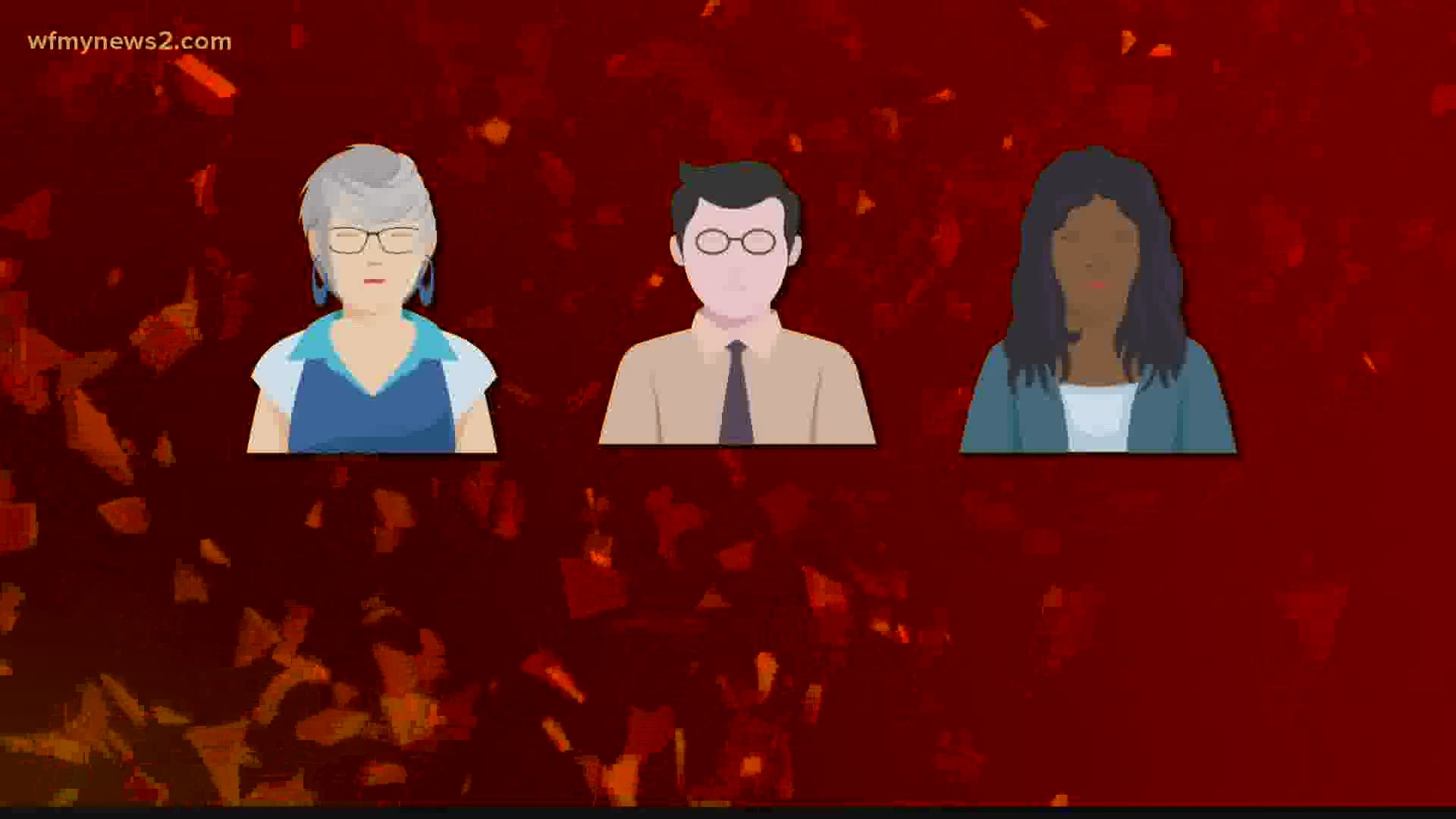GREENSBORO, N.C. — We tend to view polls as a crystal ball. A magic way to know if President Donald Trump or Former Vice President Joe Biden will win the election.
But remember 2016 when news stations were saying things like: “The national poll shows her up by nine. Another by 14. Another shows her up by three. It is like numbers overload.”
“The 2016 election was difficult for pollsters," said Jason Husser with the Elon Poll.
Husser and former pollster and UNCG Professor Hunter Bacot both say the predictions were off but not as much as it seems.
On the morning of the election, the New York Times showed Hillary Clinton was up by 3.1 percent. When you look at the popular vote: she ended up winning by 2.1 percent. The issue was with predicting an electoral college winner.
“Where we missed was in some of these states," Bacot said. "And they really didn’t miss by much. They were actually within the margin of error."
“That said, a group of pollsters got together after 2016 and said, 'Well, we were surprised in Pennsylvania and Michigan in 2016. What happened there?'" Husser added.
Two big blunders: first, how pollsters picked people to question. Traditionally, the idea is to match their sample to the general public by age, gender and race. In 2016, we also learned you need to factor in education level.
“Too many people in their polls that had high levels of education, they didn’t have enough folks without a college degree," Husser said.
That mattered because political scientists have found President Trump’s campaign used social media to target swing-state voters without a college degree. So come election day, they made up 63 percent of all the folks showing up to vote. And Pew Research says they were more likely to vote for Trump.
“You’re going to have much better results this go around. People are going to be much more careful," Bacot said.
But it’s tougher to change the second polling problem.
“The late-breaking voters are going to be an issue in trying to decide who’s up and who’s down," Husser said. "This is my rule of thumb: unless a person has a lead the last poll before the election of more than five points, I treat it as it’s really too close to call.”
“I mean the best poll you have is election day," Bacot said.
So, can you treat polls as a crystal ball?
"I believe you can. Look back at all the elections, 2016 was probably an outlier. And we learn as we go along," Bacot said.
Polls might not see the future, but they do keep your eye on the ball of who’s leading at that point in time.
For more political stories like this, like reporter Ben Briscoe on Facebook.



